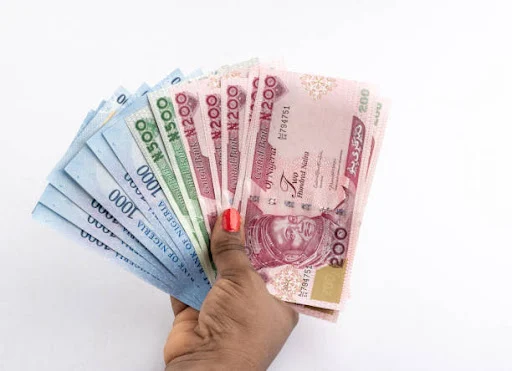Since President Bola Ahmed Tinubu assumed office on May 29, 2023, Nigeria’s public debt has experienced a sharp rise, sparking widespread debates about the implications of this borrowing spree on the nation's economy. As of December 15, 2024, the nation’s total public debt has surged from N87.38 trillion to N134.30 trillion, representing an increase of N46.92 trillion. This rise encompasses both domestic and external borrowing, with significant allocations aimed at addressing fiscal deficits, funding critical reforms, and reviving economic growth.
Domestic Borrowing: Bridging Deficits
Domestic debt, which is raised through instruments such as treasury bills and bonds, witnessed a substantial increase under President Tinubu. The debt grew from N54.13 trillion in Q2 2023 to N65.65 trillion by Q1 2024, reaching approximately N69 trillion by Q2 2024. This indicates an additional domestic borrowing of about N14.87 trillion within the period. Key sources included funds raised through Federal Government of Nigeria bonds and the Central Bank of Nigeria’s Ways and Means Advances, which were used to cover budget shortfalls and maintain government operations amidst subsidy removal challenges.
Foreign Borrowing: Securing International Support
Nigeria’s external debt, on the other hand, rose significantly, with various international lenders and bilateral partners stepping in to support the government’s economic plans. The external debt climbed from $43.16 billion (N33.25 trillion) in Q2 2023 to $58.57 billion (N56.02 trillion) by Q1 2024. This $15.41 billion increase translates to roughly N22.77 trillion in additional foreign debt.
Key Foreign Loans Secured:
1. World Bank Loan:
Amount: $2.25 billion.
Purpose: Approved in June 2024 to support economic reforms, protect vulnerable populations, and enhance macroeconomic stability.
2. Afreximbank Loan:
Amount: $925 million (part of a larger $3.3 billion facility).
Purpose: Backed by crude oil, this loan was disbursed to the Nigerian National Petroleum Company (NNPC) to sustain its operations.
3. Chinese Bilateral Agreements:
Amount: China remains Nigeria’s largest bilateral lender with $5 billion in loans. Additional agreements were signed in September 2024 to bolster infrastructure and nuclear energy projects.
Economic Context and Public Reactions
The government has justified these borrowings as necessary to fund critical reforms, especially following the removal of fuel subsidies, which created significant fiscal gaps. The funds were also directed towards cushioning the economic shocks experienced by Nigerians, financing palliative measures, and improving infrastructure.
Critics, however, warn of the long-term implications of this rising debt burden on Nigeria’s financial stability. Questions have been raised about the sustainability of these loans, particularly in the face of declining revenue and the country’s reliance on oil-backed loans. On the other hand, supporters argue that the loans are essential investments in Nigeria’s future, provided they are effectively utilized and managed.
A Call for Transparency
As Nigeria’s total debt reaches new heights, the public and financial experts are calling for increased transparency and accountability in the management of these funds. Many believe that proper deployment of the borrowed funds into productive sectors is critical to ensuring economic growth and mitigating the risks of debt distress.
With domestic borrowing at N69 trillion and external debt climbing to N56.02 billion, the administration’s fiscal strategy remains under scrutiny as Nigerians brace for the economic outcomes of these financial commitments.
Tags
Editorial

